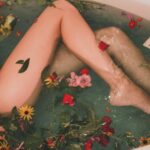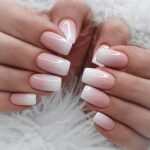Table of Contents
Hello, gorgeous readers! As your go-to guide in the labyrinth of beauty products, I’m back again with an in-depth dive into an increasingly hot topic: “Does Native Shampoo Cause Hair Loss?” The question has been swirling through the beauty community like a gust of wind, ruffling feathers and rousing concerns. Is this popular eco-friendly brand causing more harm than good? It’s time to untangle the truth from the rumors, just like we detangle our stubborn locks on a bad hair day.
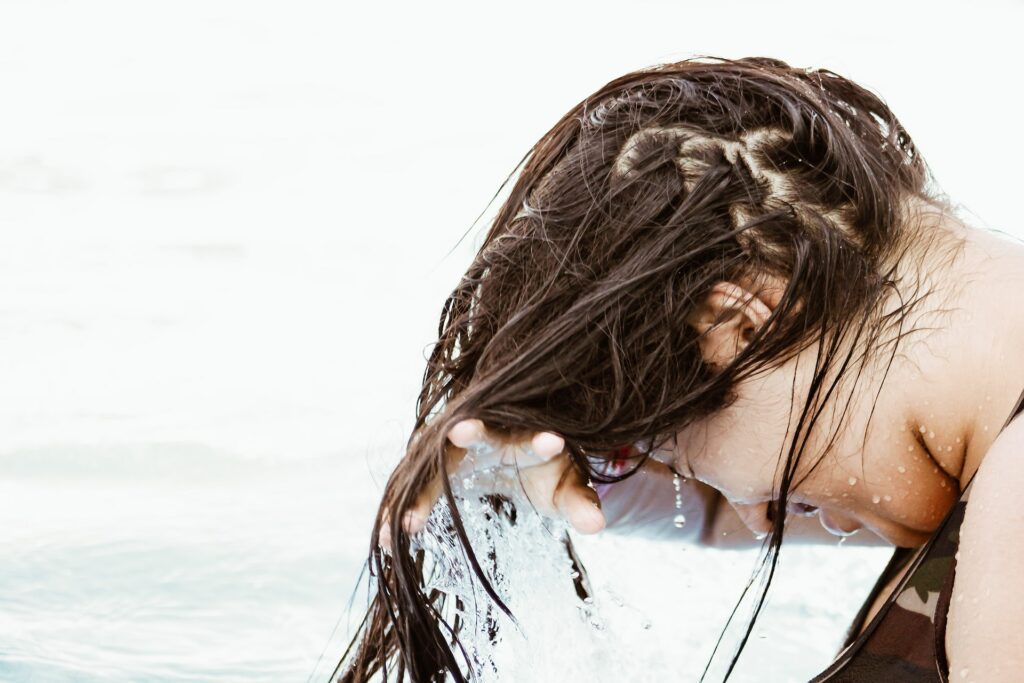
In this enlightening blog post, we will embark on an investigative journey, pulling back the curtain on Native Shampoo and its connection – or lack thereof – to hair loss. As a beauty specialist with years of experience, I’ve sifted through countless testimonials, consulted with hair care professionals, and even done product testing myself to bring you an unbiased and comprehensive review.
By the end of this post, you’ll learn the key ingredients in Native Shampoo, how they can impact your hair health, and whether or not there’s scientific evidence linking this product to hair loss. Whether you’re a die-hard fan of Native products, a skeptical consumer, or simply an intrigued beauty enthusiast, this blog post is about to deliver a healthy dose of insight. So, fasten your seatbelt, and let’s dive head-first into the sea of beauty facts because knowledge is, after all, the most glamorous thing you can wear!
What’s Behind Hair Loss Anyway?
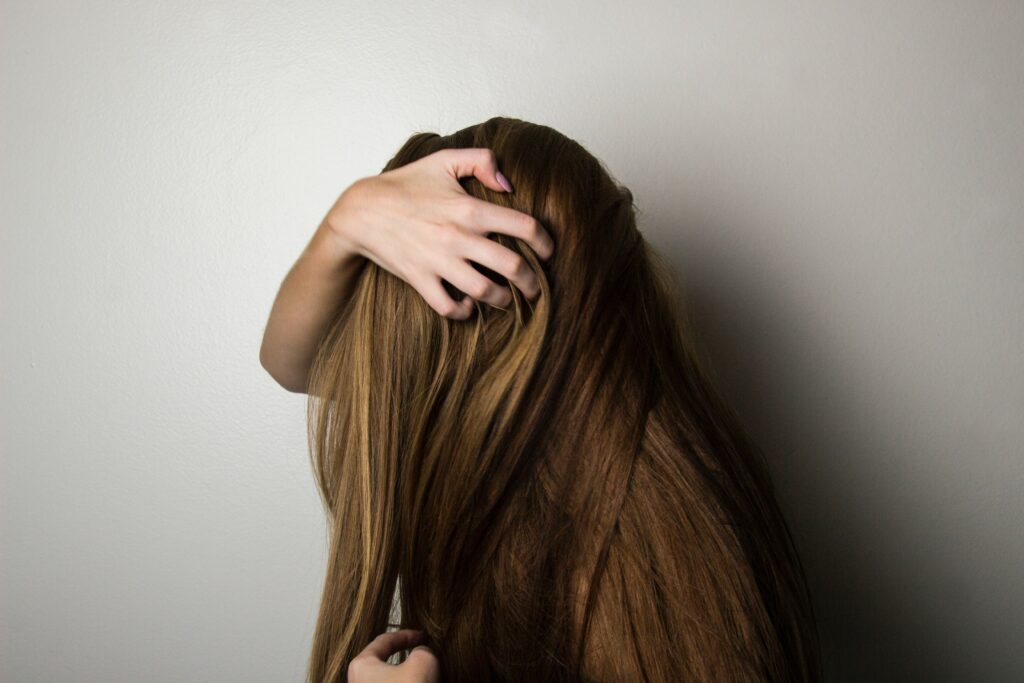
We’ve all had those panic moments – finding strands of hair on our pillow or caught in our hairbrush. It’s enough to make anyone’s heart skip a beat! Hair loss is a common and often distressing issue for many of us.
I remember when my Aunt Lisa started losing hair. She was diagnosed with Androgenetic Alopecia, also known as male or female pattern baldness, a condition tied to our genes and hormones. Our bodies sometimes like to play tricks on us, producing more androgens that can lead to increased shedding and hair thinning. Poor Aunt Lisa had quite a journey with it.
Hair loss can also result from physical stressors (think burns or surgery) or hormonal changes due to life’s rollercoaster events like pregnancy or menopause. An unhealthy diet or specific medications can also play havoc with your hair. Severe conditions like Lupus or diabetes, if not managed, can lead to significant hair thinning and even baldness.
Is Your Hair Type Prone to Hair Loss?
So many of us wonder if our hair type has us predestined for hair loss, right? Well, the answer might be a bit more complex than a simple yes or no.
The Role of Genetics and Hair Types
Hair loss can indeed be influenced by our genetics, which also determine our hair type – straight, wavy, curly, or coily. If your family has a history of hair thinning or balding, you might be more prone to experiencing it, regardless of your hair type.
That said, specific hair characteristics and practices associated with certain hair types can make them more susceptible to certain kinds of hair damage, which can lead to hair loss if not addressed.
Straight Hair
Straight hair has a naturally shiny appearance due to the ability of the natural oils (sebum) from the scalp to travel easily down the hair shaft. While this isn’t directly linked to hair loss, straight hair can sometimes look thinner than textured hair due to its ability to lay flat and smooth.
Wavy and Curly Hair
People with wavy or curly hair types might be prone to dryness because the natural oils from the scalp have a harder time travelling down the irregular shape of the hair shaft. This could lead to dry, brittle hair, which might break more easily, creating the appearance of hair loss.
Coily Hair
Coily hair, common among people of African descent, can be even more prone to dryness and breakage due to its tight curl pattern. Furthermore, cultural styling practices, like braiding or the use of chemical relaxers, can put additional stress on the hair, leading to traction alopecia or chemical damage.
Hair Care Practices Matter
But here’s the thing, friends, your hair care practices can have just as much, if not more, impact on hair health and potential hair loss. Over-styling, heat tools, harsh products, tight hairstyles, all can cause breakage and, in extreme cases, lead to hair loss. So irrespective of your hair type, good hair care practices are your best defense against hair loss.
In a nutshell, your hair type can have some bearing on the health of your hair, but it isn’t a straight path to hair loss. If you’re worried about hair loss, it’s worth having a chat with a professional to understand the potential causes and the best course of action for your specific situation. After all, every head of hair is unique!
Choosing Hair Products: Your Ally in Hair Growth
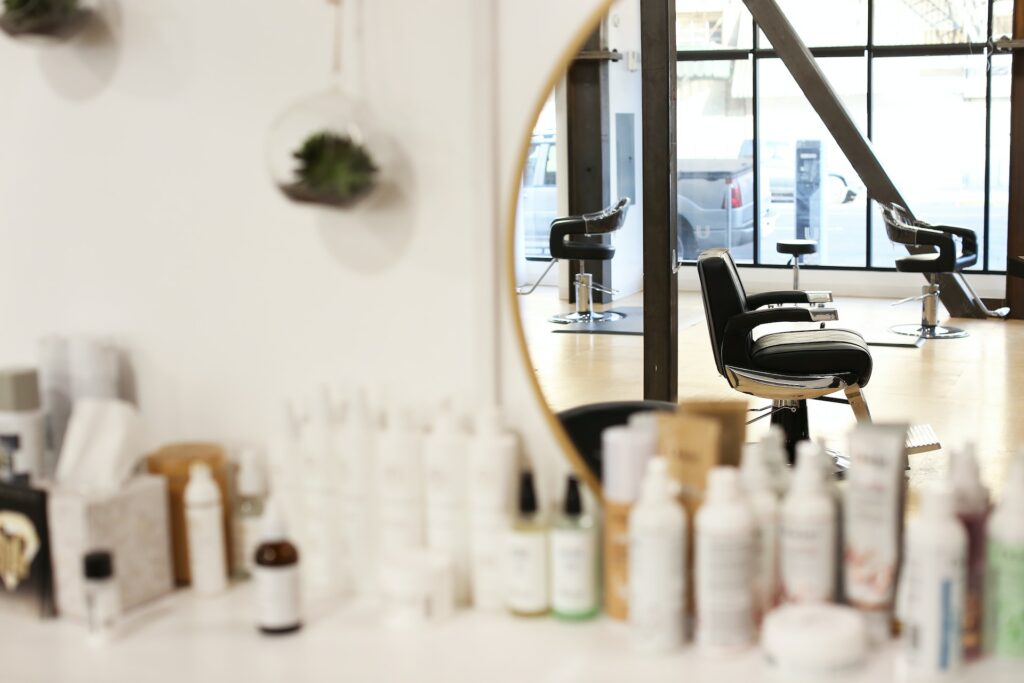
If hair loss has you on high alert, let’s discuss the right hair products. Remember when I used a shampoo that left my hair feeling like a straw? It was laden with sulfates and parabens, both notorious for being harsh on the scalp and hair.
Instead, look for nature’s gifts in your products – Aloe Vera, avocado oil, jojoba oil, and Vitamin E- known for their hair-nourishing benefits.
A wide array of products is tailored for those struggling with hair loss or thinning hair. These formulas, typically gentler on the scalp, can restore volume and shine. Remember that a product geared toward one hair type doesn’t necessarily make it superior—the secret lies in the individual ingredients, not the labels.
Well, there you have it, lovelies! Remember, your hair is as unique as you are. Treat it with care, embrace its uniqueness, and most importantly, love it every step of the way.
The Shampoo Ingredients Hide-and-Seek: Sulfates, Parabens, and Fragrances
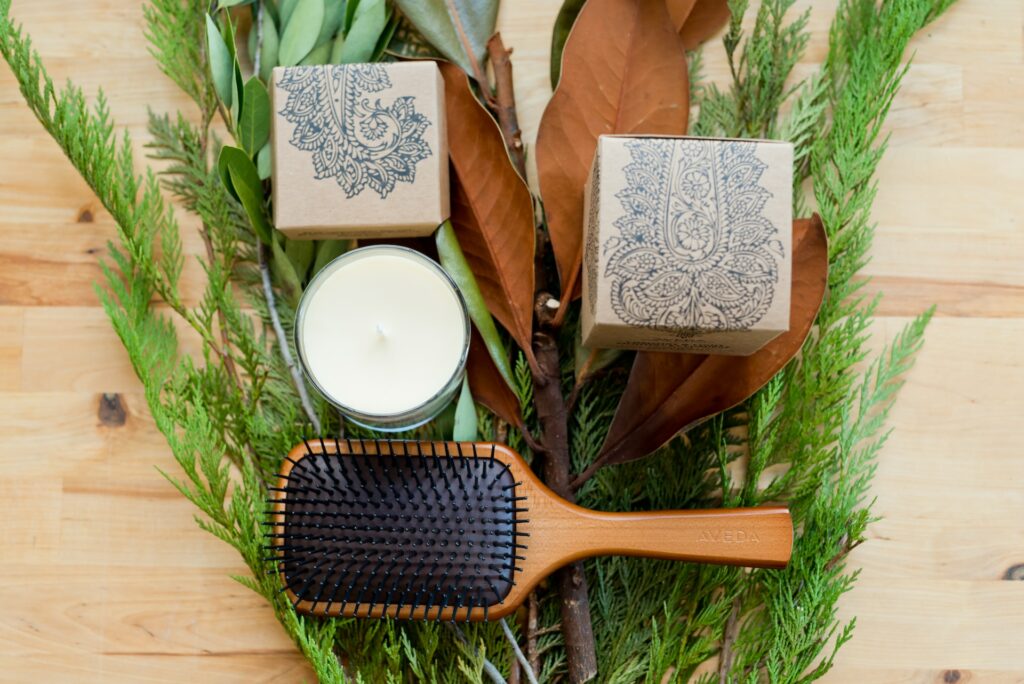
Picture this: you’re enjoying a shower, shampoo bubbles frothing, and a wonderful scent filling the air. Perfect. Well, not so much if you’re concerned about hair loss. Two sneaky offenders to look out for are sulfates and parabens.
Sulfates, which give our shampoo that delightful lather, are harsh detergents that can strip our hair of essential oils and dry out our scalp. Parabens, acting as preservatives, have a nasty side effect – they’ve been linked to an increased risk of hair loss due to their hormone-disrupting properties.
And wait to get me started on fragrances. Who doesn’t love a sweet-smelling shampoo? But these could contain chemicals that irritate or damage the scalp.
Green is the New Black: Opt for Natural Alternatives
Regarding shampoo, I’ve learned that going green is best. Look for organic shampoos with plant extracts like aloe vera or chamomile – they’re gentle and won’t harm your scalp.
Remember when I raved about my experience with jojoba oil? Essential oils like this nourish and moisturize damaged strands without disrupting hormone levels or irritating the scalp.
Also, rethink your hair-drying methods. Hot styling tools can lead to breakage and shedding. Try air drying or using a blow dryer on low-power settings instead. Trust me, your hair will thank you!
Can Hair Care Products Be the Culprit for Hair Loss?
While it’s easy to get drawn in by the promise of perfect waves or volume boost, it’s crucial to be savvy about what you’re putting in your hair. Sadly, not all hair care products play nice, and some could indeed contribute to hair loss.
Certain hair products are packed with harsh chemicals that can lead to an unhappy scalp, and in some cases, hair loss. For instance, styling gels, sprays, and even some leave-in conditioners can wreak havoc if not used properly. Overuse or leaving these products in for too long can damage the hair follicles and lead to thinning hair.
Take alcohol-based sprays or gels, for instance. They can cause skin irritation, which might lead to inflammation and hair breakage over time. Hair dyes are another example – they contain harsh chemicals that can damage the cuticle layer of your hair if you’re not careful with them.
Also, don’t overlook your hair appliances. I’ve had my own “bad hair days” from overusing my hairdryer or straightener – and believe me, they aren’t kind to your hair. Too much heat can leave your hair dry, brittle, and prone to breakage.
Not to forget, wearing tight hairstyles like high buns or braids regularly can also cause damage over time. In some cases, it can lead to traction alopecia, a form of hair loss that I urge everyone to learn more about.
But here’s the bright side, knowing the culprits means we can make better choices. Opt for natural ingredients whenever possible, minimize heat styling, and always pay attention to how your hair and scalp react to a new product. And remember, it’s not just about avoiding hair loss; it’s about promoting healthy, happy hair!
Spotlight on Native: A Brand Worth Checking Out?
Let’s switch gears and talk about a brand that’s been making waves in the hair care scene – Native. Known for their natural deodorant, they’ve recently expanded into haircare. Their shampoo and conditioner with ingredients like Grape Seed Oil, Castor Oil, Coconut Oil, and Tea Tree Oil piqued my interest.
Native’s hair care line aims to provide vitamins, minerals, proteins, and essential oils for healthy-looking hair without harsh chemicals or parabens. The shampoo is said to cleanse your scalp while moisturizing, leaving your hair soft and smooth.
Their conditioner has a balancing act, offering enough hydration without weighing down the hair. And for our vegan friends, good news! Native products are vegan-friendly with no animal byproducts.
Native might be a good choice for those looking for natural, vegan-friendly hair care solutions free from synthetic fragrances or harsh chemicals.
Native Hair Products: A Closer Look
Firstly, let’s be clear: Native hair products are a friend to hair health. When I first tried them out, my curls danced happily! Designed with love for African American and other minority hair textures, Native offers a beautiful range of shampoos, conditioners, styling gels, oils, and masks.
The beauty of Native’s shampoo line is its versatility; it works wonders on natural and color-treated hair. The ingredients are all-natural and organic, reducing the chance of harmful chemicals invading your scalp.
And who doesn’t love soft, frizz-free hair? That’s precisely what these gentle formulas promise. Trust me, after trying out their shampoo, my hair felt so soft and nourished – it was love at first rinse!
Strength in Proteins: Say Hello to Healthy Tresses
If you’re looking for manageable curls, Native products may just become your best friend. They’re rich in proteins like biotin, which strengthens strands from root to tip. Remember when I was raving about my hair’s newfound strength? Yep, Native was the secret. But, like with everything, moderation is key.
Water-soluble proteins found in Native shampoos might cause build-up if overused. So, if it feels like too much, adjust your usage or consult a professional stylist.
The Hair Loss Claim: Fact or Fiction?
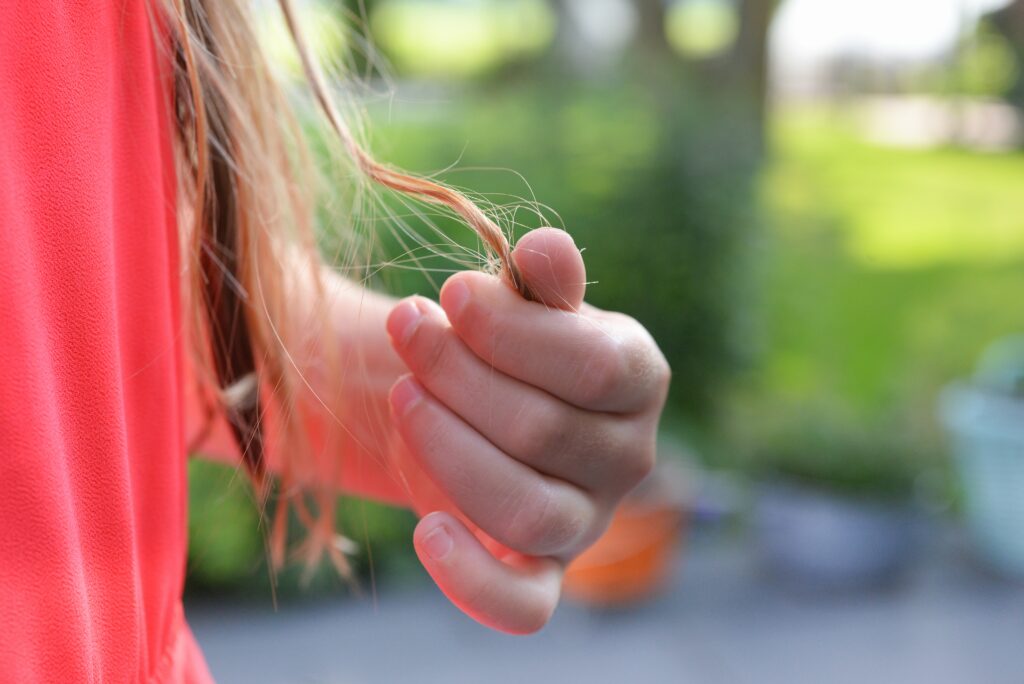
So, do Native hair products cause hair loss? From my experience, it’s a definite no. But, like all products, misused products can lead to hair issues. Overusing certain ingredients can strip your skin or hair of natural oils, causing hair breakage and loss.
Native brand, however, prides itself on their gentle formulations. Their products are designed to be safe for all hair types, including color-treated hair. Remember, harsh detergents are not your friend! Native shampoos avoid these and opt for mild surfactants, like coconut-derived cleansing agents.
Moreover, they’re loaded with botanical extracts like aloe vera, vitamin E, and rosemary oil. Hello, hydration and shine! Plus, no sulfates or parabens to worry about.
Is Native Shampoo Good For Your Hair?
It’s time for the million-dollar question: is Native shampoo suitable for your hair? Well, in my book, it’s a resounding yes! Their shampoo and conditioner are filled with natural goodies like honey, jojoba oil, and aloe vera. These ingredients nourish your scalp and leave your hair feeling like a silky dream.
The range also includes the Volumizing Shampoo for those craving a bit of oomph and their Leave-in Conditioner, a lifesaver for heat-styled and curly hair.
In my beauty journey, I’ve found Native Hair Care Products to be a reliable companion for my locks. Their gentle formulas work for all hair types and textures, making them a fabulous choice for anyone seeking shampoos and conditioners that promote healthy, vibrant hair.
Is Native Shampoo Safe to Use for Hair Health?
Absolutely! Native Shampoo is specifically formulated with natural and organic ingredients that cater to the needs of all hair types. They’ve gone the extra mile to exclude harsh detergents, sulfates, and parabens known for stripping your hair’s essential nutrients. Instead, they use mild surfactants like those derived from coconuts to ensure a gentle yet effective cleanse. However, as with any hair care product, the results can vary depending on your hair type and condition, so it’s always recommended to perform a patch test or consult with your hair care specialist if you’re unsure.
What Are the Ingredients to Avoid in Shampoo to Prevent Hair Loss?
A few ingredients to watch out for in shampoos include sulfates, parabens, and certain fragrances. Sulfates, while great for creating a lather, can dry out your scalp and lead to irritation, potentially exacerbating hair loss. Parabens, often used as preservatives, have been linked to increased risk of hair loss due to their hormone-disrupting properties. Certain chemical fragrances can also cause additional scalp irritation, potentially leading to hair loss. Always remember to scan your shampoo’s ingredient list and opt for products free from these harmful ingredients.
What Are the Best Natural Alternatives to Shampoo for Healthy Hair?
For a healthy, lustrous mane, consider natural alternatives like organic shampoos with plant extracts such as aloe vera or chamomile, which soothe the scalp without causing any harm. Essential oils like jojoba oil are another great option, as they nourish and moisturize damaged strands without disrupting hormone levels or further irritating the scalp. If you’re looking for something off-the-beaten-path, some people swear by DIY solutions like apple cider vinegar rinses or baking soda washes. As with any change in your hair care regimen, gradually introduce new products or treatments, and watch how your hair responds to ensure it’s the right fit for you. Your locks will thank you for it!
Conclusion
And there you have it, my beauties! While staying informed about potential hair care concerns is essential, let’s remember that moderation and mindfulness are key. It’s about knowing what works for your unique hair type. Native Hair Care Products, from my experience and understanding, are filled with natural and nourishing ingredients that most hair types respond positively to. However, overuse or misuse can lead to complications like with any product. So, always listen to your hair – if something doesn’t feel right, adjust your routine or consult with a professional. Remember, your hair is your crowning glory, and you’re the queen! Now, go forth and let your hair shine with the beauty that it truly is!
Feature image by Towfiqu barbhuiya on Unsplash

